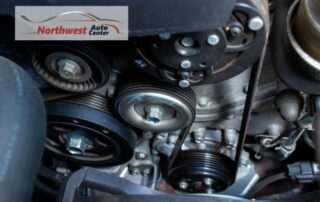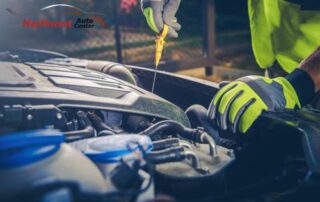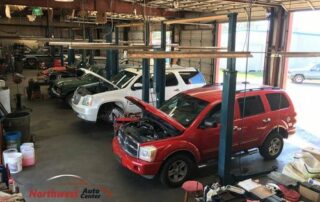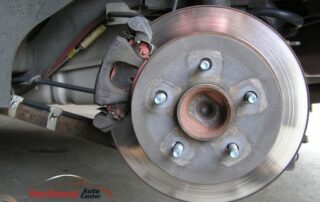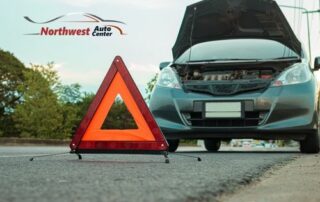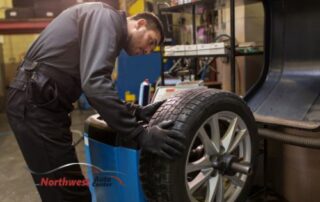Maintaining Car Belts and Hoses
Maintaining car belts and hoses is essential for ensuring the proper function of your vehicle. Texas drivers are no stranger to hot and humid weather conditions, which can take a toll on the vehicle’s belts and hoses. In this article, we will discuss some tips on how to properly maintain your vehicle’s belts and hoses to keep your car or truck running smoothly on the roads of Texas. Maintaining Car Belts and Hoses Inspect Your Belts and Hoses Regularly One of the most important steps to maintaining your car or truck’s belts and hoses is to inspect them regularly. Look for signs of wear and tear, such as cracks or fraying. You can also check the belts and hoses for any signs of leaking, bulging, or soft spots. It's a good idea to inspect your belts and hoses every 6 months or 6,000 miles; whichever comes first. Replace Any Worn Out Belts or Hoses If you notice any signs of wear and tear on your belts or hoses, it's [...]

